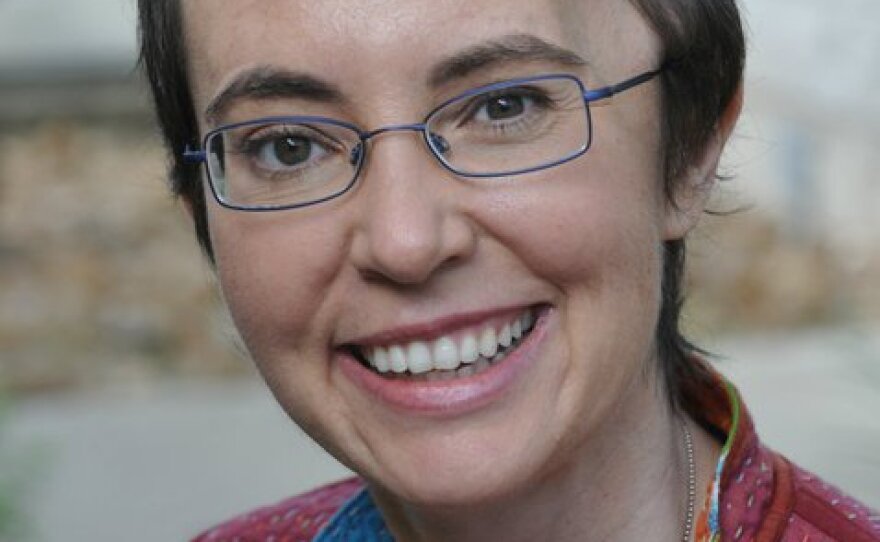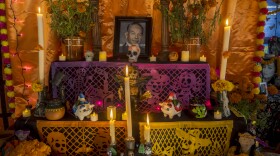A federal judge ruled Wednesday night that Jared Lee Loughner receive four more months of treatment for his schizophrenia to see if that makes him fit to stand trial. The accused gunman faces 49 separate charges in the Tucson shootings that left six people dead and 13 wounded, including U.S. Congresswoman Gabrielle Giffords.
Loughner sat without expression through most of the day’s proceedings. He wore a white T-shirt and khakis; U.S. Marshals stood behind him.
His hair has grown out and he looks very different from the bald-headed grinning mug shot that was released when he was arrested after the Jan. 8 shootings.
Psychologist Christina Pietz has been treating Loughner at the federal prison he's being held in. She said the anti-psychotic drugs he's being treated with have helped him.
Pietz said he is very improved from the patient about whom a doctor once wrote: "He believed he was happier prior to being medicated. He indicated he put some of his blood on his calendar to remind himself that he cannot go back in time."
The defense sought to discredit the prosecution's witnesses. They have argued for months against the medication he is being forced to take.
Loughner's attorney, Judy Clarke, grilled Pietz, arguing the content of psychologist’s conversations with Loughner could be left out of what she'd told the court because they stemmed from her notes.
"So we're left with your memory," Clarke said.
Pietz maintained that Loughner, who has been on medications for two months, has and will continue to improve, and will eventually be able to stand trial. She said he will need eight full months of treatment.
The psychologist said Loughner now understands that he killed and has shown remorse. He also understands Giffords is not dead.
Federal Judge Larry Burns noted that Loughner's demeanor had changed from the last time he was in Tucson and yelled at the judge.
Burns interrupted a second line of questioning, this one by defense counsel Reuben Camper Cahn, against psychiatrist James Ballenger.
Cahn led Ballenger down an argument that was beginning to culminate with the psychiatrist admitting that Loughner had been ill for so long, he could not be cured. Just as Cahn began to bring up this point, Burns stopped the questioning. He said Cahn's points would serve in a trial record, not a competency hearing.
In making his decision, Burns didn't give the prosecution the full eight months of treatment they feel Loughner needs. But he also stopped Clarke and Cahn from creating a mental incompetency defense that would have negated the death penalty if Loughner is found guilty.
The final decision on Loughner’s competency is expected top be made in January, a full year after the shootings.







